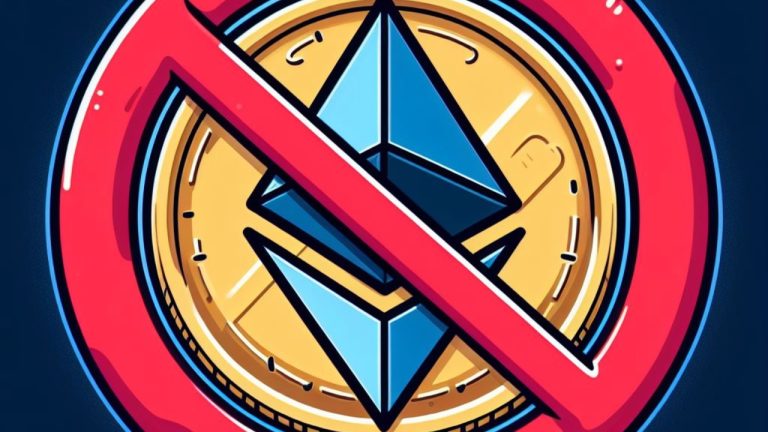
Bloxroute, a company that provides relaying services, has declared that it will start rejecting block bids with transactions from wallets part of the Office of Foreign Assets Control (OFAC) Specially Designated Nationals And Blocked Persons List (SDN List). Based in the U.S., the company clarified it is still committed to supporting Ethereum’s decentralized nature.
Bloxroute to Comply With OFAC SDN List Designation
Bloxroute, a company that provides relaying services for Ethereum and other networks, has reported that it will start rejecting block bids with transactions coming from wallets part of the Office of Foreign Assets Control (OFAC) Specially Designated Nationals And Blocked Persons List (SDN List).
Based in the U.S., Bloxroute stated it will still support Ethereum’s decentralized and permissionless traits while “maintaining compliance with our legal jurisdiction.” Before, Bloxroute only applied OFAC rules to its “regulated” relay, while its “max profit” relay propagated all available transactions.
In its announcement, Bloxroute declared:
Ethereum is unstoppable, permissionless, and anti-fragile because it’s decentralized and globally distributed, and not easily affected by any single entity, even if it has the best networking tech.
While the company believed this would hurt its performance, this has not happened. The performance of Bloxroute’s two different relays has been solid, being involved in more than 45% of the payloads during the last 24 hours.
Several corporate validators based in the U.S. also run OFAC-compliant relays. According to MEV Watch, 42% of the blocks produced after Ethereum’s merge have been OFAC compliant, contributing to a form of protocol-level censorship policy.
Nikita Zhavoronkov, the lead developer at Blockchair, explained how this compliance issue, prompted by institutions entering crypto, could evolve to affect the network operability of several chains.
He stated:
Once 51%+ are compliant, there’s a high chance we’ll be mere months away from the miner majority beginning to orphan blocks containing sanctioned transactions.
Zhavoronkov detailed that in this hypothetical future, privacy coins such as Monero could shine due to their fungibility characteristics and the impossibility of miners censoring transactions.
What do you think about Bloxroute’s policy change to become fully OFAC compliant? Tell us in the comments section below.